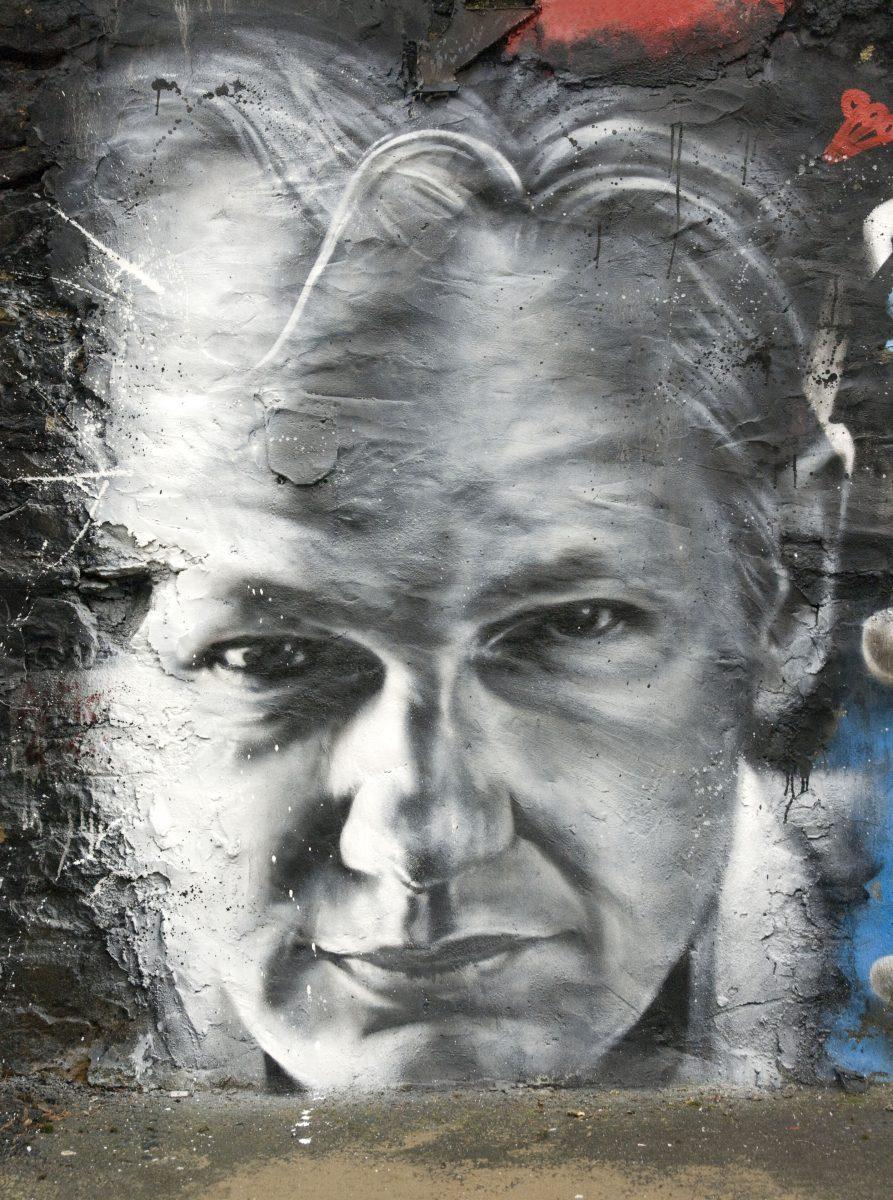A jury in New York has failed to reach a verdict on determining whether a former CIA employee, Joshua Schulte, gave hacking tool secrets to WikiLeaks.
John Schulte was a former CIA software engineer who allegedly leaked thousands of secret documents to Wikileaks. This leak is described to be the biggest in the CIA’s history. The documents appear to contain and describe the agency’s practices for hacking.
Schulte pleaded not guilty to 11 criminal counts. The court did, however, convict him of two counts for contempt of court and making false statements to the F.B.I. The criminal counts also include the illegal transmission of unlawfully possessed national defense information as well as theft of government property.
William F. Sweeney Jr., the assistant director of the FBI’s New York Field Office, said, “As an employee of the CIA, Schulte took an oath to protect this country, but he blatantly endangered it by the transmission of Classified Information.”
According to an article written by NPR, the charges against Schulte come close to the Espionage Act, yet that law is intended to prosecute those who share government secrets to foreign governments and shouldn’t apply to information provided to WikiLeaks.
The verdict itself is considered a huge embarrassment for the U.S. government, as they spent years getting prepared for this case. If the trial did reach a verdict, Schulte faced spending the rest of his life in prison on charges for illegal gathering and transmission of national defense information. Prosecutors, on the other hand, do agree that the leak was part of planned theft on Schulte’s part.
Jurors heard and viewed a range of complicated evidence during the four-week trial which led to one juror being dismissed for violating the Judges orders by researching the case and sharing information to the rest of the jury.
The leak is said to have happened during some high tension between Schulte and his CIA colleagues. Problems within his associated group led to a feud with a colleague that escalated into Schulte being reported to management. WikiLeaks started to publish the documents,known as “Vault 7,” back in March of 2017.
During the trial, the CIA’s lax security measures were exposed, including weak passwords which lead the defense to argue that there is a possibility that other CIA employees or foreign governments could have breached the system.
Schulte’s lawyer later pointed to a CIA report that was commissioned after the WikiLeaks issue and found that the agency did not know that the files had been stolen until a year later. This did raise questions that benefited the defense during the trial.
It was noted that another employee at the time, under the name “Michael,” had access to Schulte’s workstation and he could have been a culprit. This same person was placed on administrative leave for not cooperating with the criminal investigation.
Still, the government does not have direct proof that Schulte did send the files to WikiLeaks. Prosecutors were relying on circumstantial evidence, such as the fact that Schulte downloaded a program that is recommended by WikiLeaks to safely submit documents to them. They even went as far as to say that after Schulte sent the files over, he destroyed his hard drive to erase any evidence.
Schulte was considered a prime suspect due to his personal file from working at the CIA. Just days after the first WikiLeaks announcement, Schulte planned to fly out of the country into Mexico. Additionally, FBI agents had approached Schulte one day after work. One of the agents stated that he noticed Schulte’s hands were trembling during their conversation. The defense said that Schulte was an easy scapegoat because of his extended history with the agency.
For now, the government is most likely to demand a retrial. While Schulte waits for news of a retrial in the leak case, he is facing another trial for charges of possessing child pornography on which he was indicted back in 2017.



































